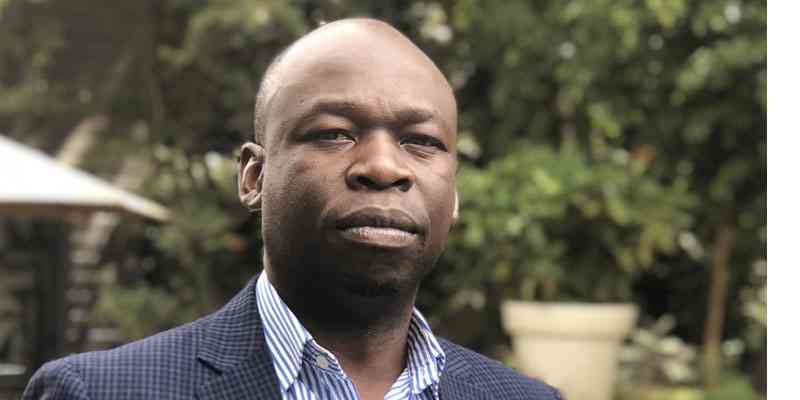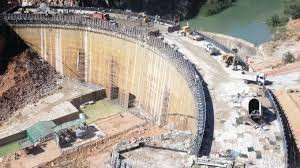
BULAWAYO City Council (BCC) has expressed concern over the rampant illegal gold panning which is threatening the Inyankuni pipeline.
BCC draws most of its water from six supply dams in Matabeleland South namely Inyankuni, Lower Ncema, Upper Ncema, uMzingwane, Mtshabezi and Insiza Mayfair.
However, gold panning activities are rampant in the province which has rich gold deposits attracting many illegal miners within the uMzingwane catchment area where the Bulawayo supply dams are being affected.
According to the latest BCC minutes, the Inyankuni pipeline is under threat from illegal gold mining along the pipeline servitude.
City of Bulawayo director of engineering services Sikhumbuzo Ncube reported to council that mining activities could negatively impact water resources within the uMzingwane catchment area.
“The impacts were further exacerbated by illegal mining activities resulting from lack of adherence to existing regulation and enforcement.
“Illegal miners often operate even in areas where they are not permit holders, leading to uncontrolled extraction and waste disposal, causing more significant environmental damage,” the minutes read.
Council also noted that there were challenges caused by the Illegal miners who extended their activities along the Inyankuni pipeline and are within three metres of the servitude.
- Uproar over census figures
- Byo Arts Festival in turmoil…One year later, festival has yet to pay artists…Organisers play cat and mouse with artists
- Bulawayo struggles to clear housing backlog
- Council acts tough on debts
Keep Reading
“An assessment was done on the 3rd of January 2024 on site by the rangers and pipeline inspector and it was established that the said operators had no claim in the area they were now working in,” council said.
“There were major risks associated with the aforementioned activities. The pipe is being damaged as the activities including use of heavy plant and machinery are taking place and collapse of the pipeline as a result of loosened soils on the over-exposed areas and or weight of the excavated material on the pipe.”
City water sources, according to the BCC, were also under threat from contamination due the aged pipeline and or loose joints.
“These risks underscore the importance of strict regulation and enforcement in the mining industry to protect water resources and ensure the safety of water supply,” council noted.
However, council resolved that a multi-stakeholder engagement indaba be initiated to be conducted through the Zimbabwe National Water Authority with other stakeholders such as the City of Bulawayo rangers, engineers, Environmental Management Agency, Esigodini Rural District Council, police, community, Mines and Mining Development ministry and miners within the catchment area.
This is expected to educate miners to help them to understand the impact of their activities on the environment while raising awareness on the water reticulation systems.










